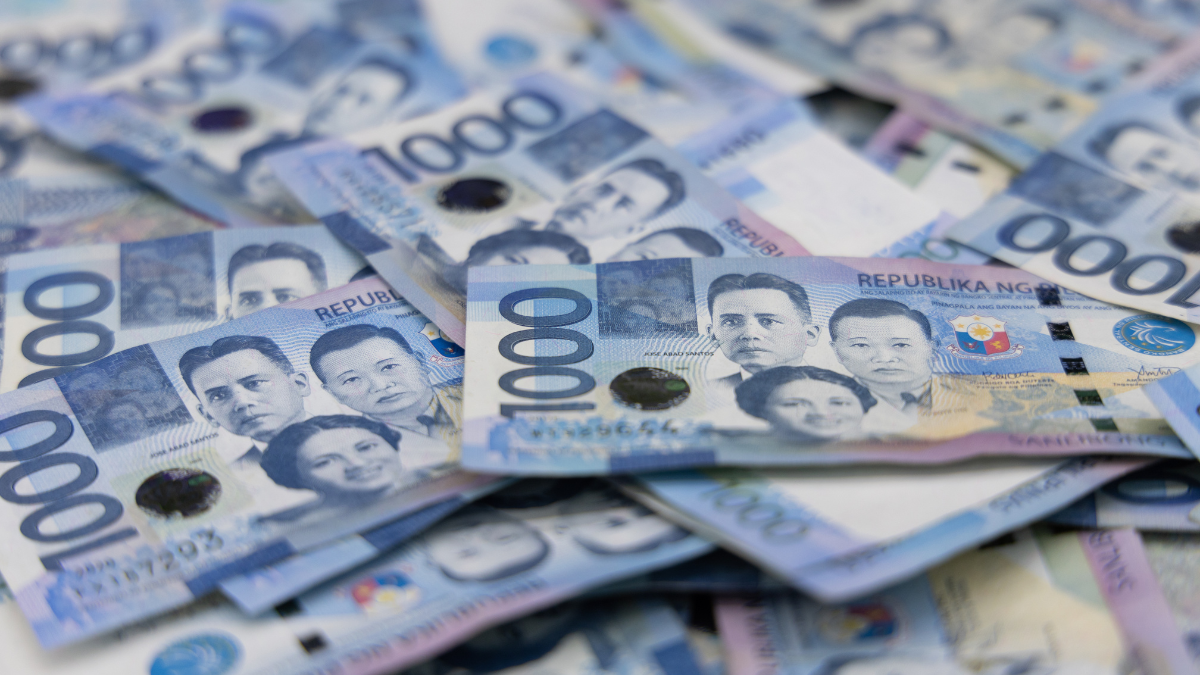The proposed “zero remittance week” by overseas supporters of former President Rodrigo Duterte may have economic implications if it pushes through, but economists believe the impact is likely manageable and mostly hypothetical.
Some overseas Filipino workers (OFWs), particularly in Europe, have announced plans to suspend sending money to the Philippines from March 28 to April 4. The protest is meant to oppose Duterte’s arrest by the International Criminal Court (ICC) and demand his return to the country.
BPI lead economist Emilio Neri Jr. said the planned remittance halt is a “very big if” since it depends on whether OFWs can afford not to support their families financially for a week. If it does happen, he warned it could affect the country’s current account, weaken the peso—possibly hitting P62 to the dollar—and even force the Bangko Sentral ng Pilipinas (BSP) to delay or reverse interest rate cuts.
“Even growth can be dragged since it’s a major funder of household consumption,” Neri said in a GMA News Online report.
Still, he noted that most remittances come from the US and the Middle East, not Europe, raising doubts about the plan’s scope.
BPI economist Marco Javier estimated that a total halt in remittances could amount to a $97.3 million daily loss. However, he also pointed out that convincing OFWs to stop remittances would be difficult, especially for those with loans and tuition payments.
Meanwhile, RCBC’s Michael Ricafort said the move’s overall impact may be minimal, as Europe only accounts for around 10.8% of total remittances. He added that not all OFWs are expected to join the protest, and any halted remittances may simply be delayed and sent later.
Malacañang, for its part, urged OFW groups to remain calm and consider the victims of Duterte’s controversial war on drugs, which officially recorded around 6,000 deaths but is believed by rights groups to have claimed up to 30,000 lives.
Duterte is currently detained in The Hague, facing charges of crimes against humanity. His lawyer insists his detention is illegal and that he should be repatriated to the Philippines.






